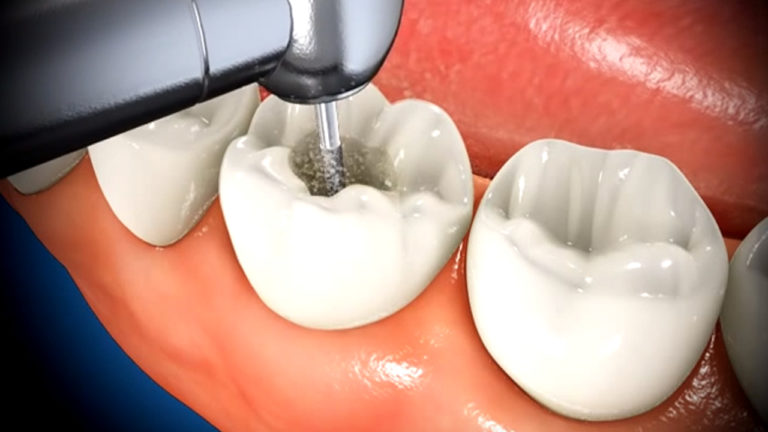Tooth decay can eventually impact the soft tissues inside the tooth, known as the pulp. If a cavity is deep enough, you may feel sensitivity to cold and hot foods and may even experience pain. Typically, dentists recommend root canal therapy for such situations. The eventual goal of root canal therapy is to save the tooth. If you are visiting a Berkeley dentist for the procedure, here’s what you can expect.
How to know if you have a tooth infection?
If you are regular with your dental appointments, your dentist should be able to find the early signs of tooth decay. However, when there is a tooth infection, you may feel pain when chewing food, or the tooth (especially if it is a molar) may appear darker. In extreme cases, gums can get swollen, and you may find a persistent bad taste and odor in your mouth.
What’s the procedure like?
The root canal treatment starts with detailed x-rays of the affected tooth. Your dentist will then create an access opening, which will allow them to reach the infected tissues using special dental files. The dental files are used to remove infected tissues and the pulp from inside of the tooth, which will stop further damage. Next, your dentist will fill the root canals using gutta-percha, and you may have to return after a few days to get a crown. Because the tooth becomes hollow after the root canal treatment, a crown helps in adding function and strength.
Does root canal treatment hurt?
No, your dentist will use local anesthesia during the first appointment to ensure that there is no pain. However, if you have a low threshold for pain, let your dentist know in advance. Most people can undergo the procedure without much discomfort.
How many appointments does it take?
Dentists often schedule two to three appointments to complete the root canal treatment, although it can be done in one appointment. The idea is to allow the infected tooth to heal before moving to the next step. If you have limited time, ask your dentist if they can do the procedure in two sittings.
In general, root canal treatment is considered to be a better alternative to extraction. You can expect no downtime, and yes, if you ever have pain after a few years of the procedure, your dentist can do endodontic retreatment, which allows them to save the tooth.


Comments are closed.